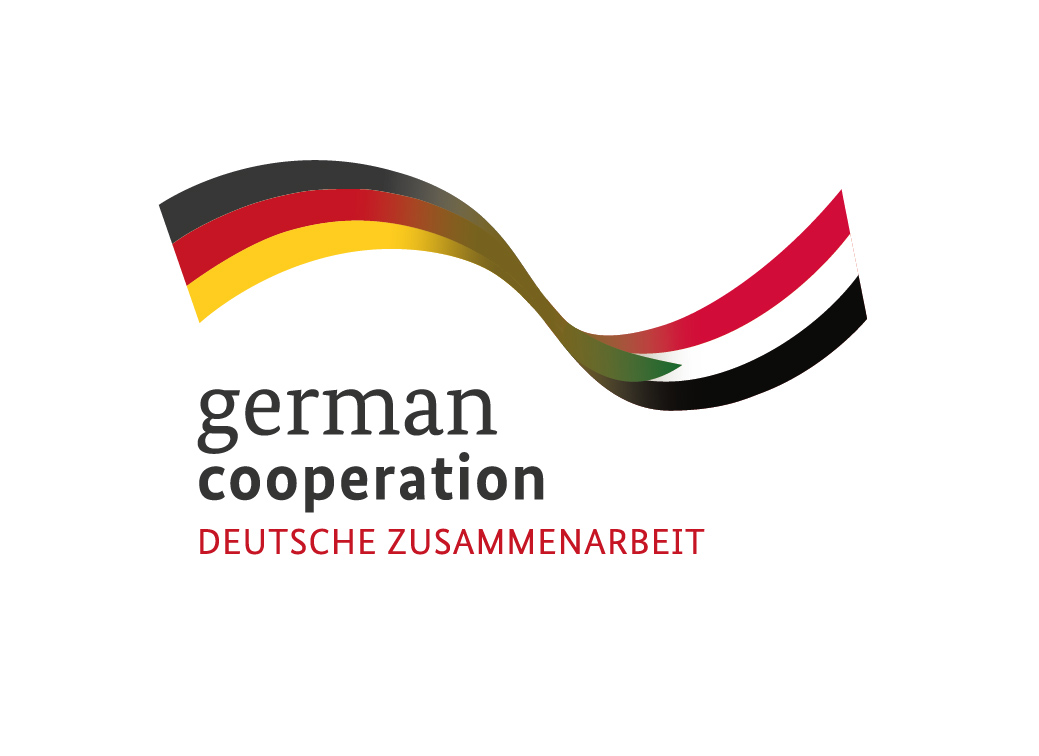
Open Source Investigations are best described as a growing and evolving collection of methods and tools used to gather and analyse publicly available information.
There are a number of definitions as the field is broad and new, but the Berkeley Protocol on Digital Open Source Investigations states that “Open Source Investigation refers to the use of open source information for information- and evidence-gathering functions.”
Open source information refers to publicly available information, such as government records, social media posts, user generated video, satellite imagery, and other publicly available digital data. Open source information can become open source evidence when it can be admitted in order to establish facts in legal proceedings, but the fruits of open source investigations can also be used in many other ways, especially by journalists and activists communicating with the public.
In journalism, open source investigations are increasingly used to complement on-the-ground reporting and to provide evidence of human rights abuses, government corruption, and other issues that may be difficult to verify through traditional methods. They can also be used to cross-check information from other sources and to provide a more comprehensive view of complex issues.
With the rise of digital technologies and the growing amount of information available online, open source investigations have become increasingly important as a tool for documenting and exposing human rights abuses and violations around the world.
Open source investigation techniques, such as analysing satellite imagery and verifying social media posts through methods such as geolocation or chronolocation, have become crucial tools for collecting and verifying information and have been used by journalists, human rights organisations, as well as other official investigations bodies.
Beyond judicial outcomes, as a form of documentation, open source investigations can contribute to conducting memorialisation, establishing reparation mechanisms for victims of crimes, education and awareness-raising, promoting civic interaction between communities, or between victims, etc.
Prominent open source investigations in Sudan include the use of satellite imagery through the Satellite Sentinel Project (SSP) launched in December 2010 with the goal of deterring conflict and documenting threats to civilians along the border of Sudan and South Sudan. SSP worked to generate rapid responses on human rights and human security concerns through the generation of publicly available imagery.
More recently, investigations by the Sudanese Archive, a non-profit organisation that works to document and preserve evidence of human rights violations in Sudan through open source investigation techniques, has documented violence and security presence at anti-coup protests, security forces blocking access to health care and targeting doctors, and other violent events where open source information was available. There are also other public facing endeavours such as the Sudan Shahid Interactive Map which geolocates social media posts showing violent incidents, as well as the Sudan Conflict Observatory initiative that uses open source methodology to keep track of the Sudanese conflict.
Beyond conflict related monitoring, Sudan has also figured in international investigations that used open source methods, such as the Panama Papers scandal, an investigation of 11.5 million leaked documents from the law firm Mossack Fonseca, which revealed the secretive offshore financial dealings of individuals and companies from around the world including former Sudanese President Ahmed Ali Al Mirghani. This investigation was conducted by the International Consortium of Investigative Journalists (ICIJ), a global network of over 200 journalists in more than 65 countries and is a good example of the scale of collaboration sometimes required to conduct complex investigations.
Open source investigations are not always a substitute for on-the-ground reporting and are often combined with other methods of investigation and verification, such as interviewing witnesses and victims depending on the goals of any particular investigation and its intended audience. Additionally, open source investigations can be time-consuming and technically challenging, and may also face limitations in terms of access to information, particularly in situations where the government or other actors are actively trying to conceal information and where information is not always available in digital form.
The accuracy of information obtained through open source investigations can be limited, and it is important to critically evaluate the credibility of the information obtained and to corroborate it through multiple sources or multiple verification methods.
Like any other investigations, open source investigations can be dangerous to conduct for investigators.
Open source information refers to publicly available information, such as government records, social media posts, user generated video, satellite imagery, and other publicly available digital data.
Open source information can become open source evidence when it can be admitted in order to establish facts in legal proceedings, but the fruits of open source investigations can also be used in many other ways, especially by journalists and activists communicating with the public.
Credible open source investigations have already been conducted in Sudan, and will be again.
Open source investigations should:

